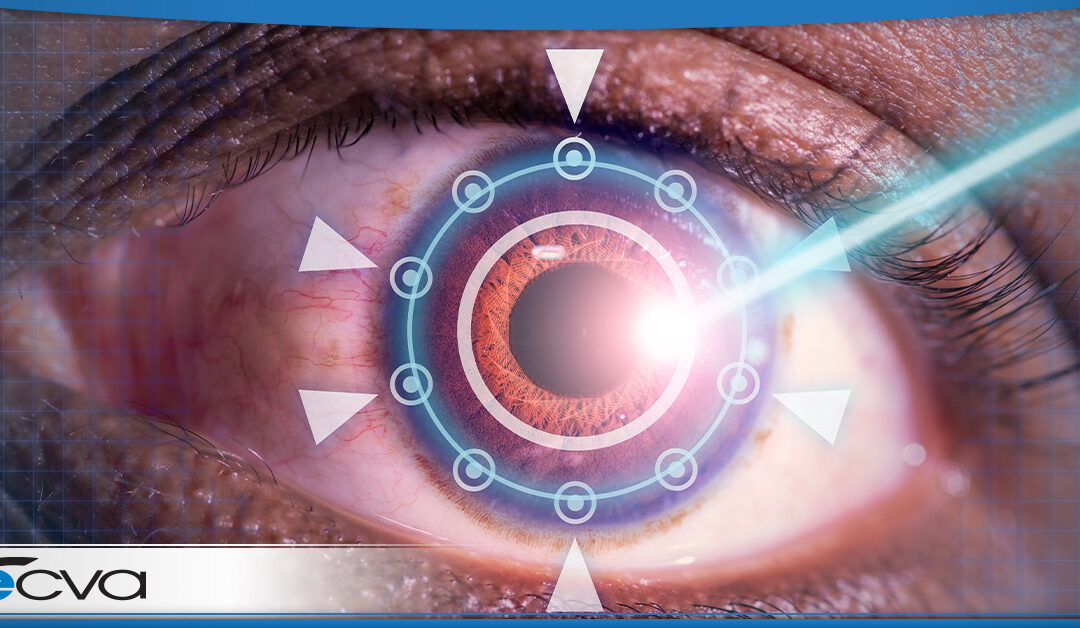
by ecvaeyeadminz | Aug 18, 2022 | Eye Health
Dry eye is a relatively common condition where tear production doesn’t sufficiently keep the eye lubricated. The cause can vary, though it usually falls into one of two categories. First, the eye may not produce enough tears. Second, the tear composition may not...

by ecvaeyeadminz | Aug 5, 2022 | Eye Health
For many people who’ve spent time wearing contact lenses or glasses, Lasik may seem like an attractive alternative. Depending on various factors, Lasik could restore your vision or, at a minimum, reduce the need for corrective lenses. However, not everyone...




